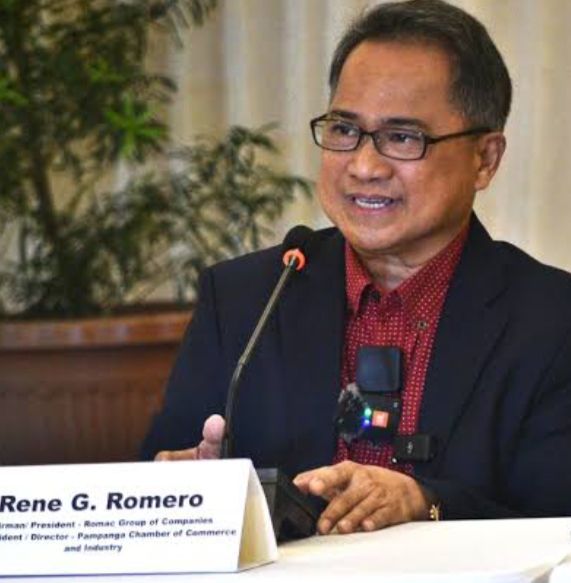
In an age where democracies are evolving to become more inclusive and transparent, the Philippines continues to grapple with an electoral system that many say has become a barrier to genuine national progress.
Business leader Rene G. Romero, chairman of the Pampanga Chamber of Commerce and Industry, is calling for urgent, sweeping reforms to the country’s electoral system, which he argues lies at the heart of persistent poverty, weak governance, and institutional decay.
“The root of our country’s underdevelopment is our flawed electoral process,” Romero said, lamenting how elections have become more about personal gain, dynastic control, and survival politics rather than competence, integrity, and public service.
Romero emphasized that for many politicians, public office is now viewed as a business investment—an opportunity to recover campaign expenses and expand personal influence, often by installing relatives or allies into power. This dynamic, he said, perpetuates corruption and weakens institutions.
He pointed out that the Commission on Elections (COMELEC) has failed to rise to the challenge of enforcing rules that ensure clean, fair, and principled elections. “COMELEC must be held accountable,” Romero said. “It must do more to educate voters and uphold election integrity.”
Romero also called attention to the dire need to revise constitutional qualifications for candidates, stressing that literacy and residency should not be the sole metrics for public office. He proposed aligning qualifications with the duties of the position being sought—such as requiring experience in governance, lawmaking, or policy for legislators and executives.
“Public office is not a training ground—it is a sacred mandate,” he stressed.
Romero cited how neighboring countries have shifted to cost-effective and modern campaign practices, utilizing regulated media platforms and reducing visual clutter and wasteful spending. He noted that in contrast, Philippine elections remain prohibitively expensive, often prompting politicians to engage in patronage and corruption once elected.
To address these issues, Romero outlined a reform agenda he believes COMELEC must pursue:
Tightly regulate campaign expenses and materials;
Shorten campaign periods and cap spending;
Enforce stricter candidate vetting and qualifications;
Encourage issue-based debates over personality-driven campaigns;
Institutionalize civic education programs; and
Push for constitutional amendments on candidate and party reform.
Romero ended with a call for bold action: “A prosperous and just Philippines begins with a credible, principled, and transformative electoral system. The future of our nation depends on how boldly COMELEC can lead these reforms.”
As the country heads into future election cycles, Romero’s message is clear: systemic change is not only necessary—it’s long overdue.




